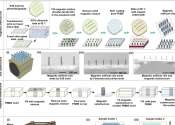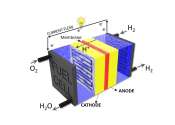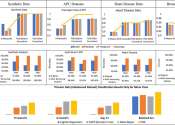Sweet victory: Sensor detects adulteration in honey
Adulteration is a bitter truth in the sweet world of honey. As consumers seek nature's nectar for its purity and health benefits, a shadowy industry taints this golden elixir with hidden additives, most commonly water.
Oct 10, 2023
1
172









